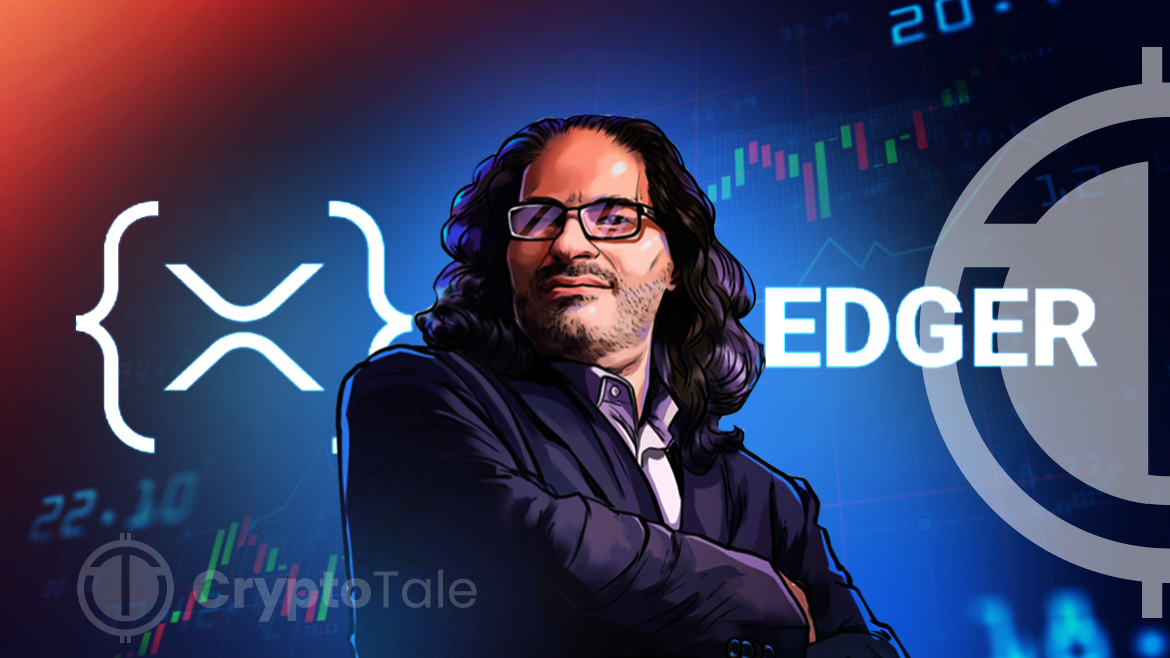- David Fuelling, RippleX engineer, proposes a major restructuring of XRPLF governance to enhance democratization and decentralization.
- Ripple’s CTO David Schwartz supports the proposal, emphasizing its role as a basis for community-driven discussions on transparent governance.
- The proposal includes key changes like a ‘Lockup Agreement for Majority Token Holders’ and limits on ‘Sustaining Members’ voting power.
David Schwartz, Ripple’s CTO, has expressed support for a groundbreaking proposal by David Fuelling, an engineer at RippleX, aimed at overhauling the governance of the XRP Ledger Foundation (XRPLF). Schwartz highlighted the importance of community dialogue in shaping XRPL governance, emphasizing that Fuelling’s proposal is intended as a starting point for transparent and democratic governance discussions, not as a final solution.
Fuelling, whose proposal is different from Ripple’s official stance, proposes a significant restructuring of XRPLF’s governance. He aims to democratize the foundation by introducing a more formalized membership structure and a new election mechanism for the board of directors. This initiative, inspired by Fuelling’s observation of community dissatisfaction, is seen as a step towards a more decentralized and democratic system.
The proposal has sparked considerable debate within the XRP community. Crypto Eri, a well-known community member, voiced concerns about the proposal’s implication of XRPLF’s deficiency in self-governance and the potential divisiveness of different membership classes. Responding to these concerns, Wietse Wind from XRPL Labs assured a cautious and deliberate approach to any changes.
Fuelling’s proposal is comprehensive and multi-layered. It includes a ‘Lockup Agreement for Majority Token Holders’, which mandates that those holding a substantial portion of XRP obtain approval from the XRPLF Board for major transactions, aiming to ensure market stability and prevent manipulation. The proposal also addresses the potential for evasion through shell organizations, proposing stringent enforcement measures such as membership termination and public disclosure.
A pivotal element of Fuelling’s proposal is the limitation on the voting power of ‘Sustaining Members’. This measure is designed to prevent any single class from dominating the decision-making process, promoting a balanced and representative governance within XRPLF.
Further clarifying the rationale behind his proposal, Fuelling highlighted the XRPLF as an ideal venue for community participation experiments, given its management of key resources like websites, GitHub repositories, and infrastructure. He added that his proposal, a personal initiative, aims to give the community a voice and is not a critique of XRPLF’s existing operations. He envisions the proposal as a catalyst for public discussion and community involvement in refining the governance model. As the XRP community deliberates Fuelling’s proposal, the outcome will crucially influence the future governance of the XRPLF.






